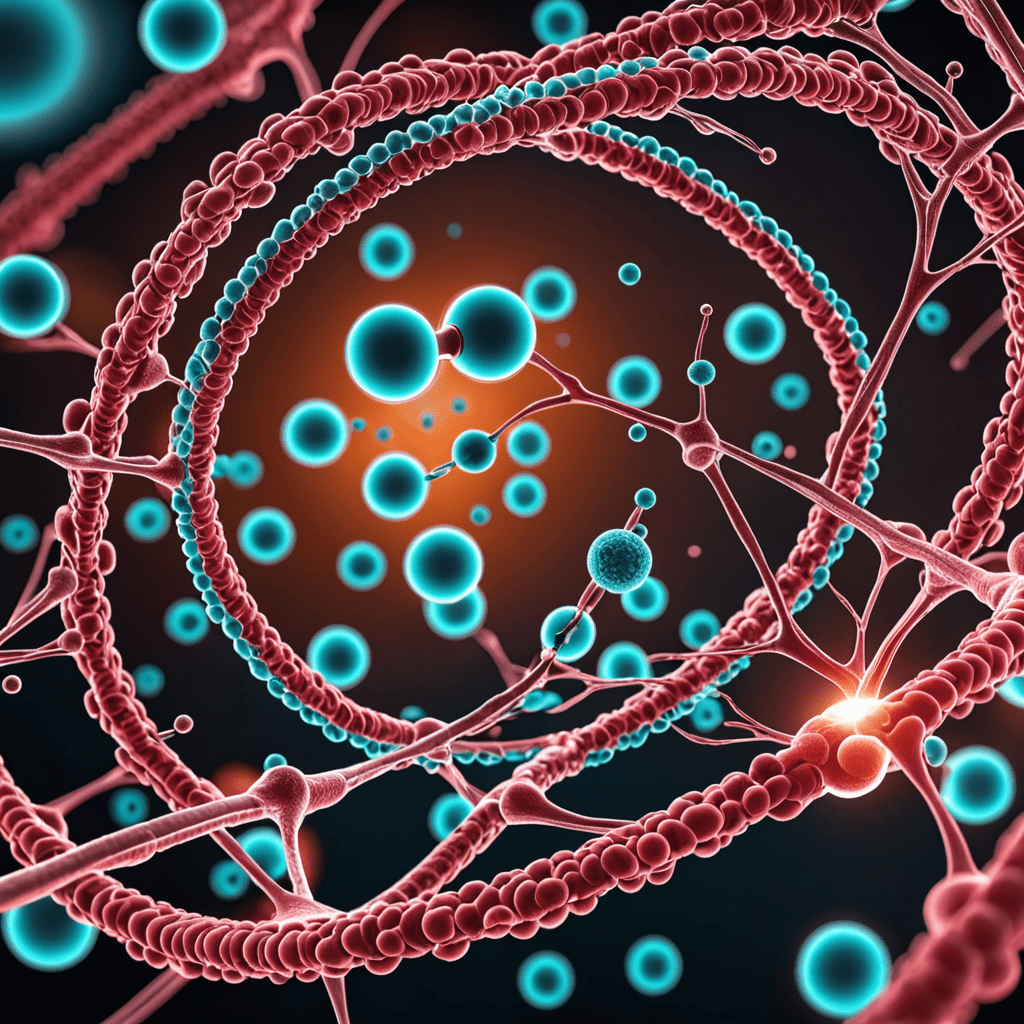
Nanotechnology in Water Filtration: Clean Water Solutions with Nanotech
The Role of Nanotechnology in Water Filtration
Nanotechnology is revolutionizing the field of water filtration by leveraging the unique properties of nanomaterials. These materials, at the nanoscale, offer a large surface area and high reactivity, making them exceptionally efficient in removing contaminants from water.
How Nanotech Water Filters Work
Nanotech water filters use nanomaterials like carbon nanotubes, graphene, and silver nanoparticles to trap pollutants as water passes through. These materials can capture a wide range of contaminants, including heavy metals, bacteria, and organic compounds, ensuring cleaner and safer water.
Advantages of Nanotech Water Filtration
Nanotechnology-based water filtration systems are highly effective at removing impurities, providing a more thorough purification process compared to traditional filtration methods. Additionally, they are often more sustainable and energy-efficient, making them an eco-friendly solution for clean water.
Applications of Nanotechnology in Water Treatment
Nanotech water filtration finds applications in various settings, from households and industrial facilities to wastewater treatment plants and disaster relief efforts. Its versatility and effectiveness make it a promising technology for addressing water scarcity and contamination issues worldwide.
Challenges and Future Developments in Nanotech Water Filtration
While nanotechnology offers significant benefits in water filtration, there are challenges to overcome, such as scalability, cost, and potential environmental impacts of nanomaterials. Researchers are actively working on addressing these issues and enhancing the efficiency and affordability of nanotech water treatment systems.
Environmental Impact of Nanotech Water Filtration
Despite the concerns surrounding the environmental impact of nanomaterials, studies show that when properly managed, nanotech water filtration systems can contribute to sustainable water management practices. Proper disposal and recycling of nanomaterials are essential to minimize any potential adverse effects on the environment.
Conclusion
In conclusion, nanotechnology offers innovative solutions for enhancing water filtration processes, providing clean and safe drinking water for communities around the globe. By harnessing the power of nanomaterials, we can address water quality challenges more effectively and sustainably. The continued research and development in nanotech water filtration hold the promise of a brighter future where access to clean water is a reality for all.
FAQs about Nanotechnology in Water Filtration
What is nanotechnology in water filtration?
Nanotechnology involves manipulating materials at the nanoscale to enhance filtration processes. In water filtration, nanotech utilizes nanomaterials like carbon nanotubes or nanoparticles to improve water purification efficiency.
How does nanotechnology help in clean water solutions?
Nanotechnology enables the development of advanced filtration systems with increased surface area and higher adsorption capacities. This helps remove contaminants like heavy metals, bacteria, and microorganisms more effectively from water, leading to cleaner and safer drinking water.
Are there any advantages to using nanotech in water filtration?
Indeed, nanotechnology offers numerous benefits in water filtration. It enhances the removal of harmful pollutants, reduces the size of filtration systems, improves energy efficiency, and prolongs the lifespan of filters. Additionally, it aids in the removal of even the smallest contaminants, ensuring better water quality.
Is nanotechnology in water filtration safe for the environment?
While nanotechnology shows promise in enhancing water purification processes, there are ongoing studies to ensure its safety for the environment. Researchers are examining the potential impacts of nanomaterials on ecosystems and working towards developing sustainable nanotech applications in water treatment.


